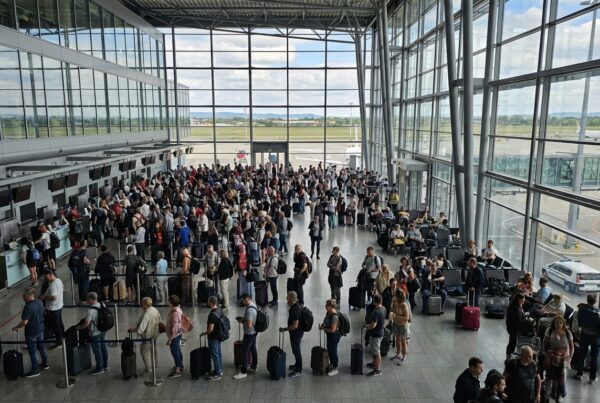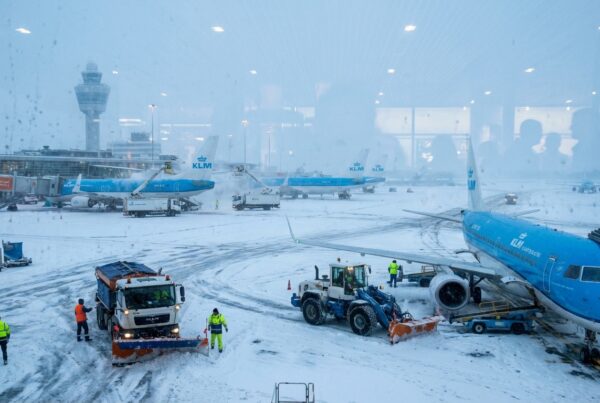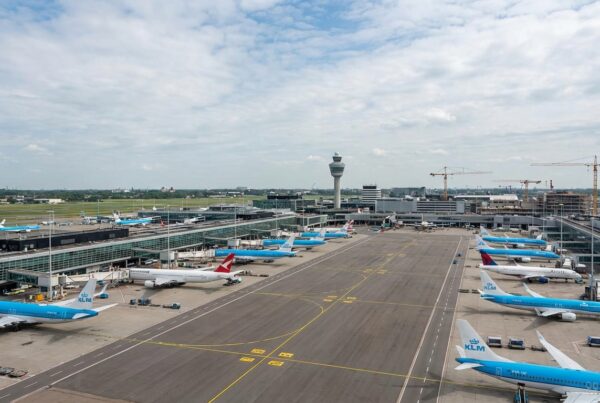The Senate recently adopted a sub-amendment by revising the solidarity tax on airline tickets (TSBA), often referred to as the Chirac tax. This revision was influenced by pressure from the Travel companiesfrom Seto and National Aviation Federation. The review concerns economy classes with a new scale, reducing the rate from 9 to 5.3 euros for European destinationsincluding Overseas France and Corsica. This measure is designed to limit the impact of excessive taxation on regional economies.
A reform driven by the Senate
The hemicycle of the French Senate was recently the scene of impassioned debates about the revision of the solidarity tax on airline ticketsalso known as the Chirac tax. This change was not without consequences. Indeed, the lobbying des Entreprises du Voyage, du Seto and National Federation of Aviation and its Trades had a major influence on the outcome of these discussions. The fruit of these efforts is a new, less onerous scale than the one initially envisaged.
Challenges facing airlines
On Thursday morning, the Senate rejected an amendment put forward by the Enteprises du Voyage and Seto aimed at shifting the date of collection of the solidarity tax from January 1 to April 1. Achieving this objective would have given the industry a respite in terms of cash flow, while guaranteeing the sums collected by the airlines. Unfortunately, similar texts aimed at exempting Ultramarines were also rejected.
Impact on French regions
One of the arguments put forward by the senators was the risks posed by this project to the French airline industry, territorial continuity and the country's attractiveness. The scale forbusiness aviation, previously multiplied by 1 to 400, has been criticized for its potential impact on domestic routes and their economic performance.. For regions dependent on these links, this pressure could wreak havoc, threatening their economic survival and widening the territorial divide.
The new scale discussed
A significant sub-amendment, albeit reluctantly received by the government and the commission, found favour with the senators. It proposes to readjust the solidarity tax from 9 to 5.3 euros for European and similar destinations, including overseas territories and Corsica. This reflects a favorable compromise when one considers the government's initial inflexibility on this subject.
At the same time, Senator Victorin Lurel had proposed his own vision for the overseas territories, an even more ambitious reduction to 2.63 euros, but his amendment failed to survive in the face of growing support for the Union Centriste text.
What are the implications for the future?
The senators expressed the need to exclude routes essential for territorial continuity from the application of this tax, and to allocate part of the funds collected to sustainable fuels. In concrete terms, should the new fare structure be applied, airlines will have to adjust, having collected a surplus of over 4 euros per leg since early November 2024. Some, such as Emirates, have already anticipated these repercussions.
However, the final decision remains uncertain. The bill, once approved by the Senate, will have to go through a joint committee of deputies and senators, before returning to the National Assembly, where a confrontation with the original text could result in the potential use of the 49.3. The political implications of such a choice would be considerable, possibly leading to a motion of censure.
Airlines face economic uncertainty
In the midst of this legislative uproar, IATA denounced this increase as a potential blow to the French economy, underlining the risks of such high taxation. The stakes remain high for all stakeholders in this complex and constantly evolving airspace.

Revision of the Airline Solidarity Tax scale
| Aspects | Description |
| Economy Class modifications | Tax reduced from 9 to 5.3 euros for European destinations. |
| Exemption for Ultramarine Regions | Overseas territories and Corsica included in the discount. |
| Business Aviation | Tariff review to limit economic impact. |
| Impact on Connectivity | Preventing domestic line closures. |
| Economic consequences | Maintaining tourism and economic activity. |
| Support for Energy Transition | Proportion of revenues allocated to sustainable fuels. |
| Amount of overpayment | Excess collection by airlines. |
| Upcoming application | Text still subject to several legislative stages. |




